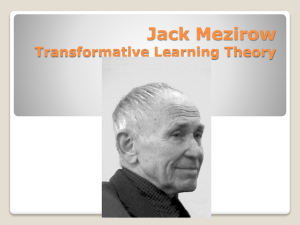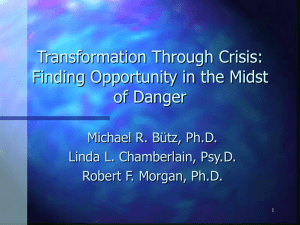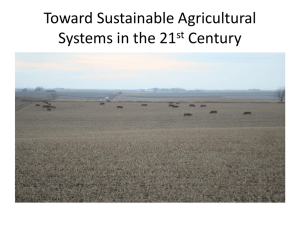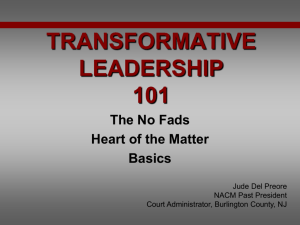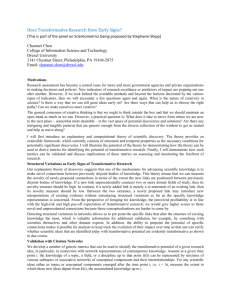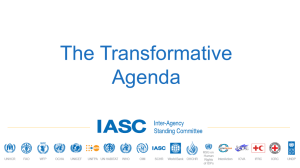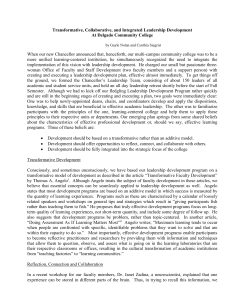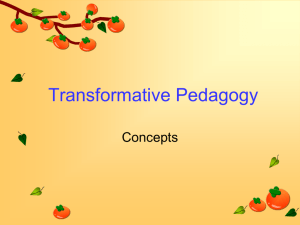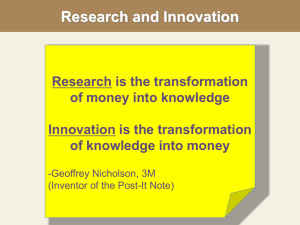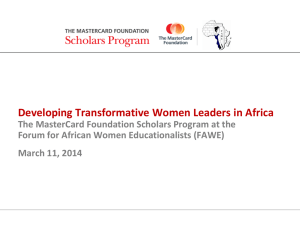How to apply? - Research Office
advertisement
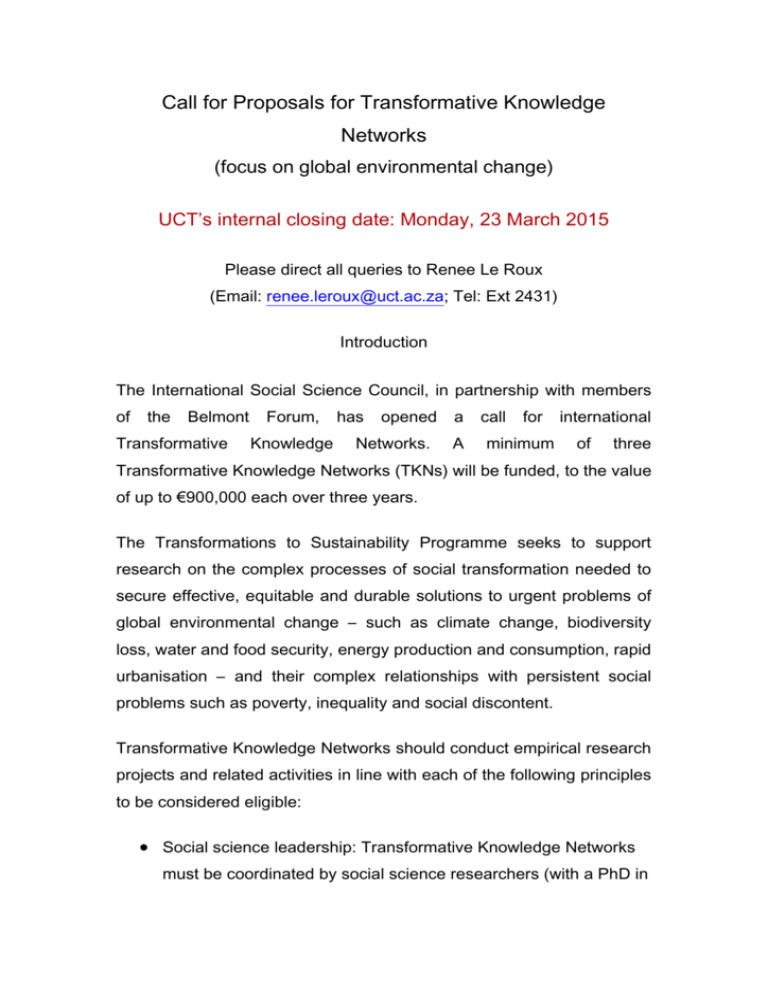
Call for Proposals for Transformative Knowledge Networks (focus on global environmental change) UCT’s internal closing date: Monday, 23 March 2015 Please direct all queries to Renee Le Roux (Email: renee.leroux@uct.ac.za; Tel: Ext 2431) Introduction The International Social Science Council, in partnership with members of the Belmont Transformative Forum, Knowledge has opened Networks. a A call for minimum international of three Transformative Knowledge Networks (TKNs) will be funded, to the value of up to €900,000 each over three years. The Transformations to Sustainability Programme seeks to support research on the complex processes of social transformation needed to secure effective, equitable and durable solutions to urgent problems of global environmental change – such as climate change, biodiversity loss, water and food security, energy production and consumption, rapid urbanisation – and their complex relationships with persistent social problems such as poverty, inequality and social discontent. Transformative Knowledge Networks should conduct empirical research projects and related activities in line with each of the following principles to be considered eligible: Social science leadership: Transformative Knowledge Networks must be coordinated by social science researchers (with a PhD in a social science or at least five years’ equivalent research experience) from academic institutions or other organisations that have a strong focus on research. Transformative Knowledge Networks should be coordinated either by one social scientist from a low- or middle-income country or by a team of two social scientists with at least one from a low- or middle-income country. In the latter case of shared coordination, the distribution of leadership responsibilities must be justified. Internationally comparative research: Comparative research must be conducted across at least three countries, spanning at least two regions of the world and including at least one low- to middleincome country, and including local knowledge partners in each country involved in the research. Interdisciplinary research: Transformative Knowledge Networks should involve researchers from the relevant academic disciplines, depending on the concrete problem focus, including, as appropriate, the social, human, natural, engineering and health/medical sciences. Particular emphasis should be placed on connecting research communities from global environmental change, poverty, and development fields. Transdisciplinary research: Transformative Knowledge Networks should pursue the co-design, co-production and co-dissemination of knowledge with the relevant academic and non-academic knowledge partners, e.g. practitioners, civil society, NGOs, policymakers, managers, business leaders, and the media. The proposal itself must demonstrate evidence of having been codesigned with the relevant academic and non-academic partners. Integrated collaboration: Each partner should contribute meaningfully to the achievement of the objectives of the network, which should also responsibilities and be reflected funding. in the Proposals distribution should of clearly demonstrate the added value of the collaboration. Capacity-building: Transformative Knowledge Networks should: o Involve knowledge partners from low- and middle-income countries; o Demonstrate direct benefits to early career social scientists who obtained their PhDs no more than 10 years ago; o Enable non-academic knowledge partners to participate meaningfully in Transformative Knowledge Networks. Activities should link with and strengthen relevant academic educational networks and outreach activities, particularly in developing countries. Who can apply? UCT employed researchers are eligible to apply. How to apply? Download the application templates at: https://nrfsubmission.nrf.ac.za/NrfMkII/Default.aspx. Click on “+” next to Transformative Knowledge Networks 2015 under the Open Calls menu (do not login). There are four documents that you should download: Call for proposals, Application template, Budget template, Call specific instructions. Please note however the application needs to be completed online To create an application log in at https://nrfsubmission.nrf.ac.za/NrfMkII/Default.aspx, click on “ My Applications ” (top left-hand menu), then on “ Create Application”. Click on the “Apply” button next to the “Transformative Knowledge Networks 2015” Call. Complete the application and click on “Submit” by UCT’s internal closing date of Monday, 23 March 2015. For further information see www.worldsocialscience.org/transformations.

